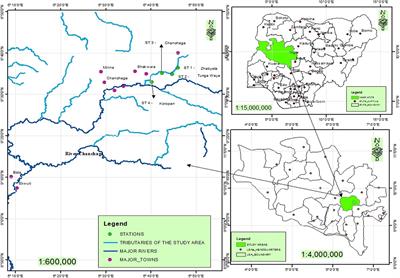EDITORIAL
Published on 09 Dec 2021
Editorial: Advances in Biomonitoring for the Sustainability of Vulnerable African Riverine Ecosystems
doi 10.3389/frwa.2021.772682
- 1,003 views
- 8 citations
13k
Total downloads
82k
Total views and downloads
EDITORIAL
Published on 09 Dec 2021
ORIGINAL RESEARCH
Published on 16 Sep 2021
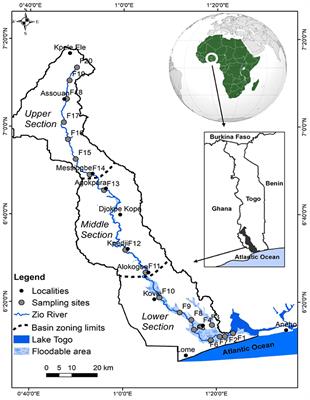
ORIGINAL RESEARCH
Published on 20 Jul 2021
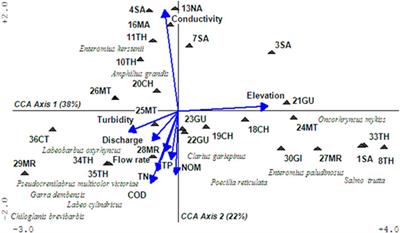
ORIGINAL RESEARCH
Published on 02 Mar 2021
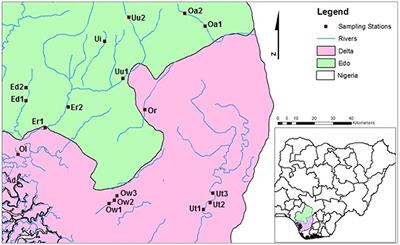
REVIEW
Published on 25 Feb 2021
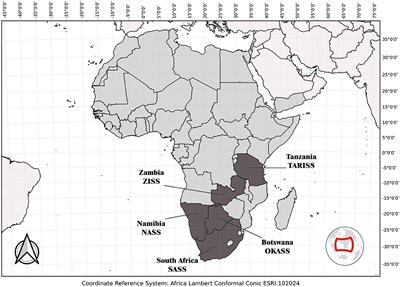
ORIGINAL RESEARCH
Published on 09 Feb 2021
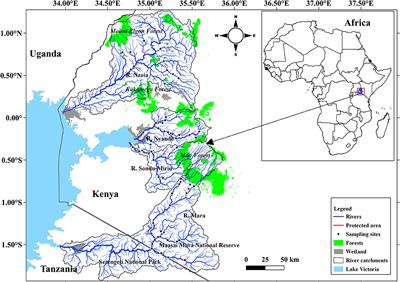
ORIGINAL RESEARCH
Published on 07 Jan 2021
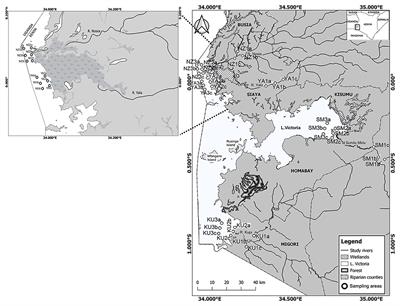
ORIGINAL RESEARCH
Published on 01 Dec 2020
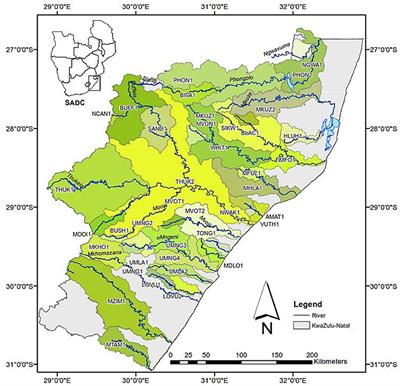
ORIGINAL RESEARCH
Published on 30 Sep 2020
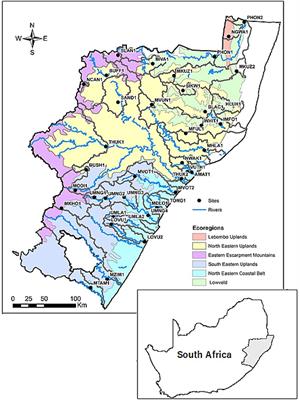
ORIGINAL RESEARCH
Published on 02 Sep 2020
